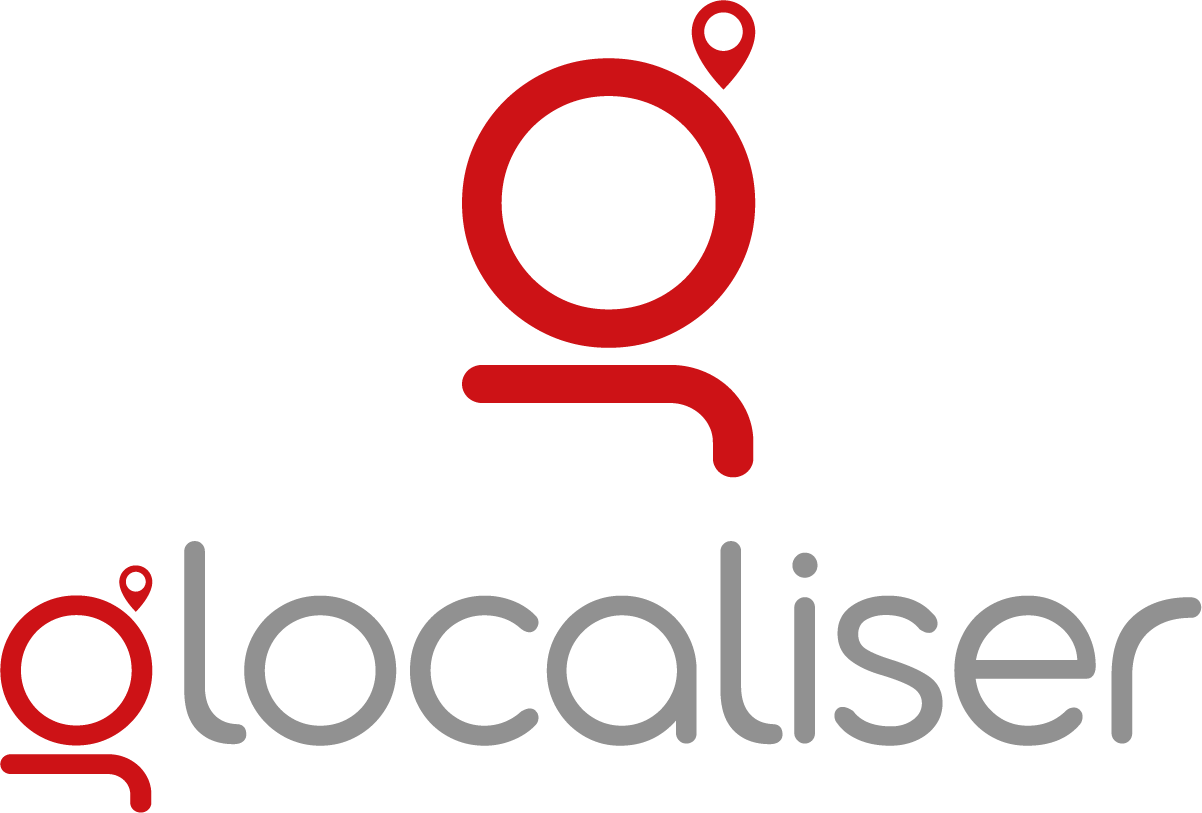
What Is Glocalization?
Glocalization is a combination of the words “globalization” and “localization.” The term is used to describe a product or service that is developed and distributed globally but is also adjusted to accommodate the user or consumer in a local market.
Understanding Glocalization
Glocalization is the adaptation of global and international products into the local contexts they’re used and sold in. The term was coined in the Harvard Business Review, in 1980, by sociologist Roland Robertson, who wrote that glocalization meant “the simultaneity—the co-presence—of both universalizing and particularizing tendencies.”
In regards to a particular product or service, this means the adaptation of globally marketed products and services into local markets. A global product or service, something everyone needs and can get use out of, may be tailored to conform to local laws, customs, or consumer preferences.
Products that are “glocalized” are, by definition, going to be of much greater interest to the end user, the person who ends up using the product. This is because, while it’s something that everyone can use and has use for as a global product, its localization makes it more specific to an individual, their context, and their needs.
While glocalization helps customize an international corporation’s products to a particular culture or geography, companies must also pay attention to the risk of perceived cultural appropriation.
Special Considerations
Glocalization process can be expensive and resource intensive, but it often pays off for companies that practice it, as it allows for greater access to a larger, more culturally varied target market. It also makes those companies more effective competitors in those markets.
If globalization was charged with cultural homogenization, glocalization is something of an answer to it. Glocalization can be thought of as the opposite
What Is Meant by Glocalization?
Glocalization is when an international corporation modifies some of its offerings in order to accommodate local consumer tastes or preferences. It is a portmanteau of the words “globalization” and “localization.
What Are Some Examples of Glocalization?
Glocalization comes in many forms. For instance, in the U.K., car producers must build vehicles with the steering wheel on the right side instead of the left. Food items are also changed in different countries to fit local tastes. McDonald’s Corporation (MCD) and other fast-food chains will often serve up versions of local fare along with the core menu of hamburgers and chicken products.
Brand image and marketing campaigns are also carried out in local languages and with local customs and cultural cues in mind.
What Is the Difference Between Globalization and Glocalization?
Globalization is the spread of products, ideas, and capital across international borders by corporations. One criticism of globalization is that it can result in the homogenization of cultures and consumers around the world. Glocalization pays attention to local practices, customs, and culture to have these products better fit regional wants and needs.

© 2022 Glocaliser. All Rights Reserved, Design By Profaj.